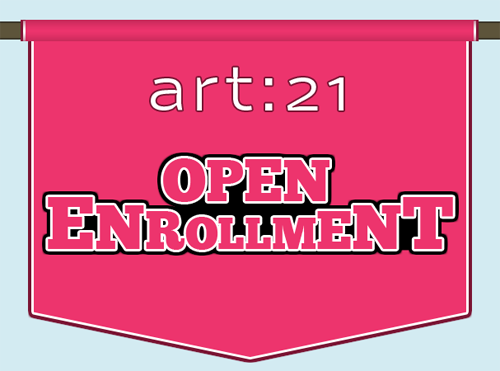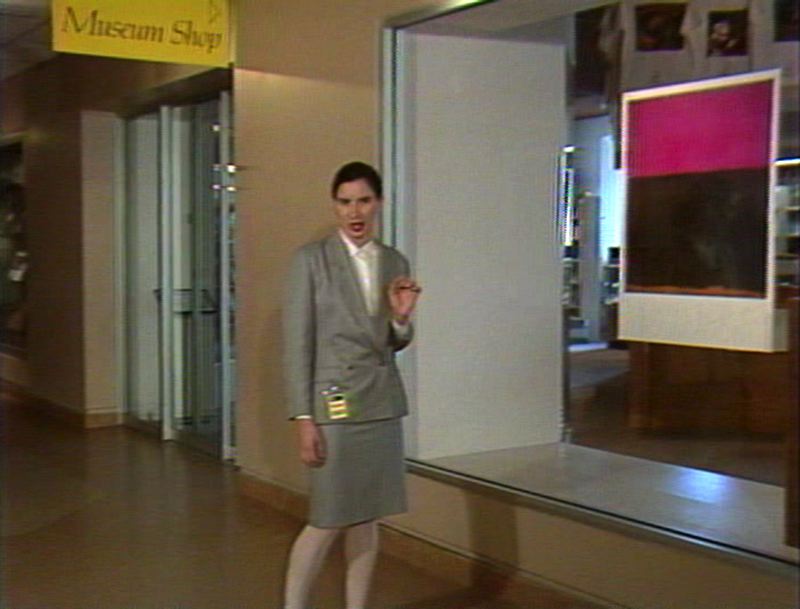Graduation day came on Sunday, with the expected trepidation, congratulatory remarks, and conferred honorary degrees. It seems fitting to write about the MFA experience as it comes to a close, with the accompanying sense of ambivalence.
So much of the discourse around current college grads and education now centers on debt, lack of job prospects, and declining quality of life. On the other hand we are told from our schools that things will be fine after all, that artists are positioned to withstand change and hardship because we are “creative thinkers,” and that creative thinking will somehow lead us out of troubled waters.
In a sense, it is true. I see my friends and peers relentlessly looking for a way to survive, and keeping on being artists by piecing together several jobs, moving into smaller and crappier housing, and creating their own online businesses.
We are also told that we should consider ourselves lucky because we get to be artists, as if that privilege or choice should forever sustain us, and strip away any demands for a decent life.
At the same time the art market continues to use artists to produce the content needed to sell, buy and profit. Artists are supposed to be grateful and subservient to the needs and whims of galleries, dealers and collectors. We are fed images in the media of artists as being successful, ambitious people with endless resources, which in turn feeds society’s view of artists as elitist, full of themselves and out of touch. It is true that many artists come from privilege and wealth, but in my experience, even at one of the most prestigious schools in the country, most artists are living a precarious life, struggling to pay bills and living off of temporary freelance jobs without any benefits or security. The hefty debt that comes with grad school only adds to the struggle.
Is the problem the old conundrum of whether art is necessary or not? Are we as artists superfluous because art is only valuable as long as it can be commodified, either as a good that will appreciate in value, or as bait for tourists and wealthy patrons?
What does not get talked about is that the issues that plague the arts are intimately connected with the issues that are widening the gap between the haves and have nots, and continually pushing most people towards more and more precarious lives. In the last year of my MFA, these connections are finally coming to the surface, as people are starting conversations in the street, in marches and conferences all across the country and the world.
Just a few weekends ago, in conjunction with graduation, Chicago was hosting the People’s Summit at OccupyChicago’s headquarters. The day before graduation I went to the summit, and in one afternoon I heard from a CTA union employee, a minister, a political science professor, a single parent that just lost their job, and an ecologist. The issues are the same ones for everybody, and there is now enough of a critical mass to create tangible shifts. This realization is something to be genuinely excited and hopeful about, more than my own individual ability to use the creative thinking skills I have acquired to survive.
But that is precisely the problem: as artists we are exposed to an extremely individualistic way to think about our careers and lives, as if we could thrive as islands, cut away from our surroundings. What is becoming more and more apparent is that our ability to be is deeply connected with the bus drivers, the elementary school teachers, the fast food workers and retail clerks.
Andrea Fraser, in her article 1% Art in February’s Adbusters magazine, argues that the art market is at its peak when income inequality is the most severe, as wealthy art patrons gain even more wealth thanks to the widening class divide. What is not mentioned though is that the art market replicates the inequality by paying exorbitant prices for a few art pieces, while the vast majority of artists are unable to stay afloat. All of us are bearing the brunt of an economy of gross inequalities and a widening class gap. The only way to survive, and possibly thrive, lies in overcoming the “I” mentality and opening up to a “we.”





